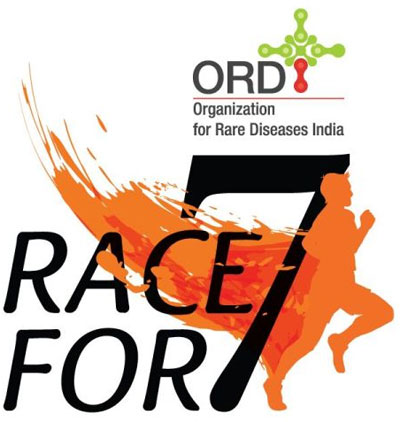Sjögren syndrome is classified as an autoimmune disorder, one of a large group of conditions that occur when the immune system attacks the body’s own tissues and organs. In Sjögren syndrome, the immune system primarily attacks the glands that produce tears and saliva, impairing the glands’ ability to secrete these fluids. In most people with Sjögren syndrome, dry eyes and dry mouth are the primary features of the disorder but general health and life expectancy are largely unaffected. However, in some cases the immune system also attacks and damages other organs and tissues.
Sjögren’s syndrome can occur at any age, but is most common in older women. Many patients develop Sjögren’s syndrome as a complication of another autoimmune disease, such as rheumatoid arthritis or lupus. Symptoms vary in type and intensity, but many people with Sjögren’s are able to live normal lives. Most of the treatment for Sjögren’s syndrome is aimed at relieving symptoms of dry eyes and mouth and preventing and treating long-term complications such as infection and dental disease. Treatments often do not completely eliminate the symptoms of dryness.
Symptoms
- Dry, gritty, sore, red or burning eyes
- Eyes sensitive to sunlight, smoke and winds
- Difficulty in speaking, swallowing dry food
- Increased Dental decay, difficulty in wearing dentures
- Sore, cracked tongue, increased yeast infections
- Altered sense of taste and smell
- Swollen salivary glands
- Debilitating Fatigue
- Joint and muscles pains
- Dry nose
- Dry cough
- Dry skin and rashes
- Vaginal dryness
Causes
Sjögren syndrome is thought to result from a combination of genetic and environmental factors. Researchers believe that variations in many genes affect the risk of developing Sjögren syndrome, but that development of the condition may be triggered by something in the environment.
Diagnosis
Diagnosis depends on a combination of symptoms, physical examination, blood tests, and sometimes special studies. Dry eyes and mouth may be early signs of the condition but require further investigation, because these symptoms can be caused by many other conditions or medications. Special tests may assess any decrease in tear or saliva production. An eye examination is helpful in detecting any eye changes seen in Sjögren’s. Blood tests can determine the presence of antibodies typical of the disease. Typical antibodies include anti-nuclear antibodies (ANA), anti-SSA and SSB antibodies or rheumatoid factor.
Treatment
There is no known cure for Sjögren’s syndrome nor is there a specific treatment to restore gland secretion. Treatment is generally symptomatic and supportive. Moisture replacement therapies may ease the symptoms of dryness. Nonsteroidal anti-inflammatory drugs may be used to treat musculoskeletal symptoms. For individuals with severe complications, corticosteroids or immunosuppressive drugs may be prescribed.
- Dry eyes usually respond to artificial tears applied regularly during the day or to gels applied at night. Eye drops that reduce inflammation in the glands around the eyes such as cyclosporine (Restasis) may be used to increase tear production.
- Drinking water, chewing gum, or using saliva substitutes may relieve dry mouth. Some patients benefit from using prescription medications that stimulate saliva flow, such as pilocarpine (Salagen) or cevimuline (Evoxac).
- All patients should receive regular dental care to prevent cavities and tooth loss that may occur as a complication of Sjögren’s.
- Hydroxychloroquine(Plaquenil), an antimalarial drug used in lupus and rheumatoid arthritis, may be helpful in some patients with Sjögren’s syndrome by reducing joint pain and rash experienced by some patients.
- Researchers are evaluating rituximab (Rituxan) and other biological therapies to treat cases of Sjögren’s that affect the entire body.
Prognosis
Sjögren’s syndrome can damage vital organs of the body with symptoms that may remain stable, worsen, or go into remission. Many patients are able to treat problems symptomatically. Debilitating fatigue and joint pain can seriously impair quality of life.
Resources
- Sjorgen’s Syndrome Foundation:https://www.sjogrens.org/
- https://www.nhs.uk/conditions/sjogrens-syndrome/
- Genetics Home Reference: https://ghr.nlm.nih.gov/condition/sjogren-syndrome
- Sjorgen’s India: http://www.sjogrensindia.org/
- Clinical Trials: https://clinicaltrials.gov/search/open/condition=%22Sjogren’s+Syndrome%22\
- Medline Plus: https://medlineplus.gov/sjogrenssyndrome.html\
If you know anyone with Sjögren’s Syndrome, or if you are a physician interested in collaboration, please get in touch with the ORDI team.
Write to us: contactus@ordindia.in
Rare Disease helpline -+91 8892 555 000
Curated by – Ms Anu Sara Philip



